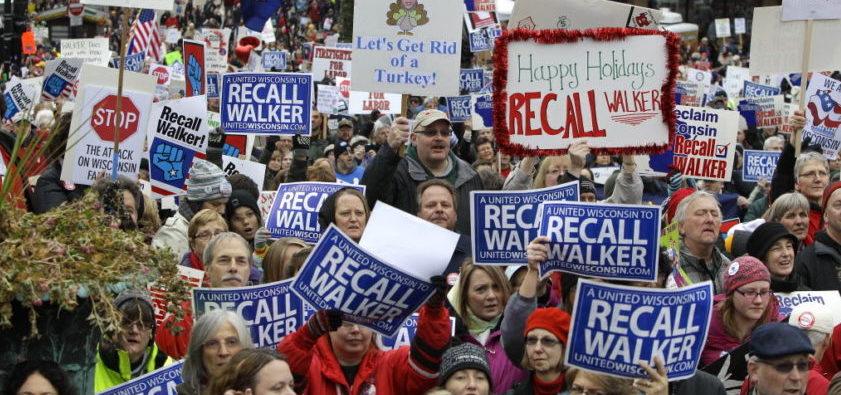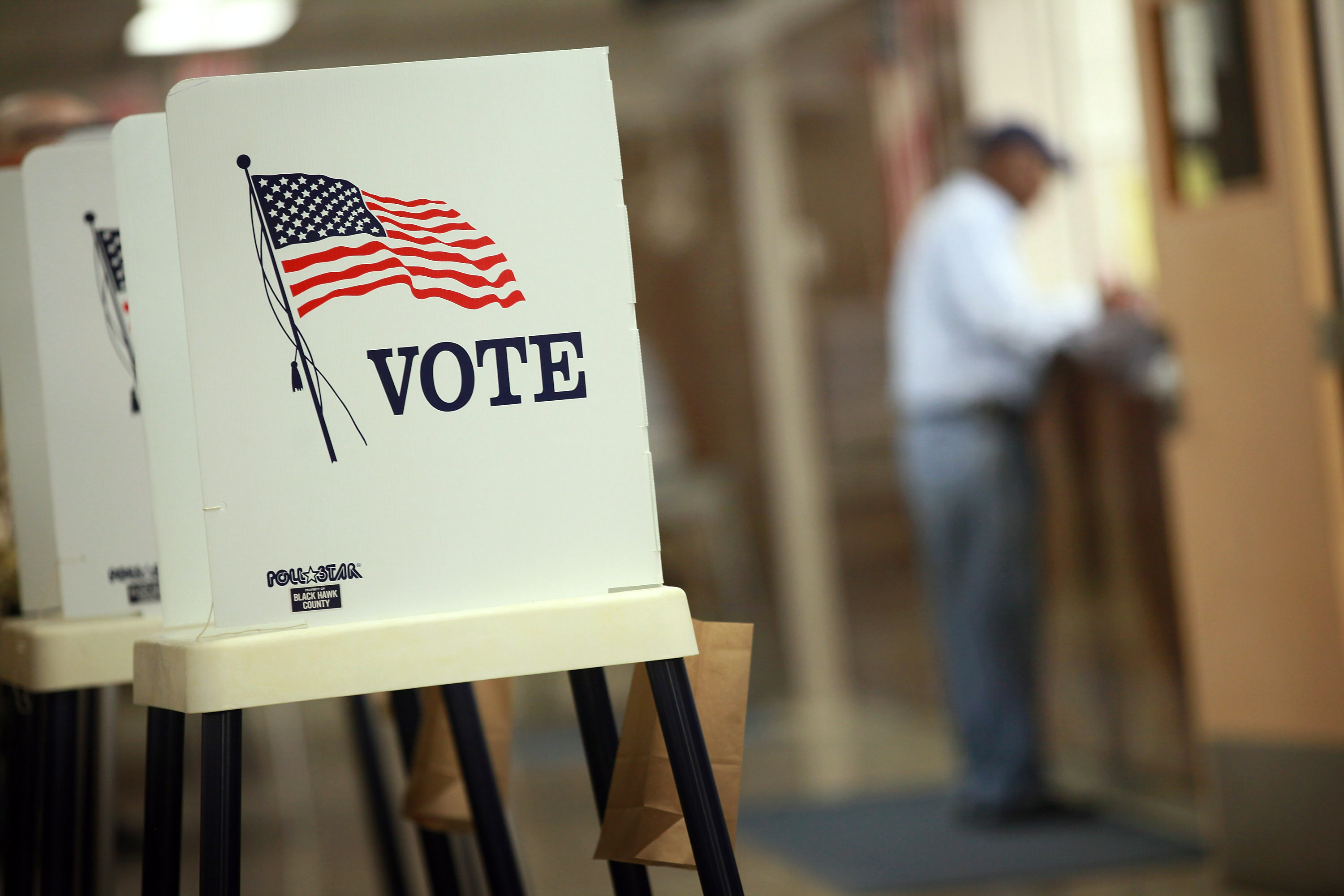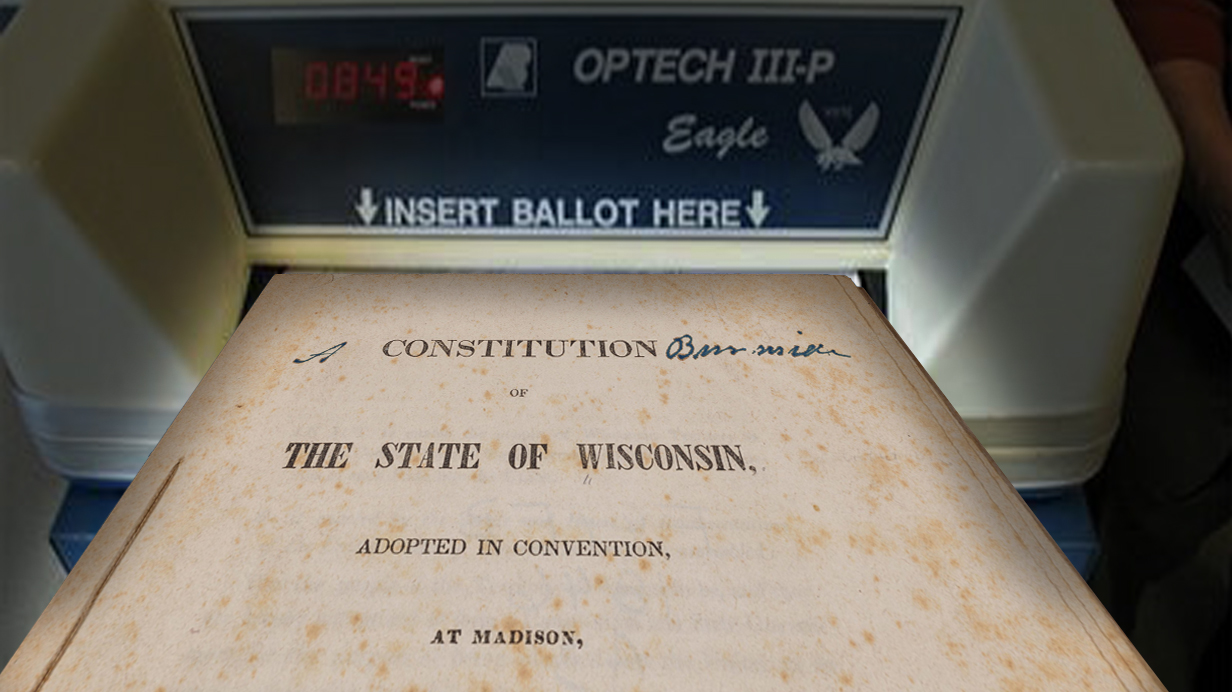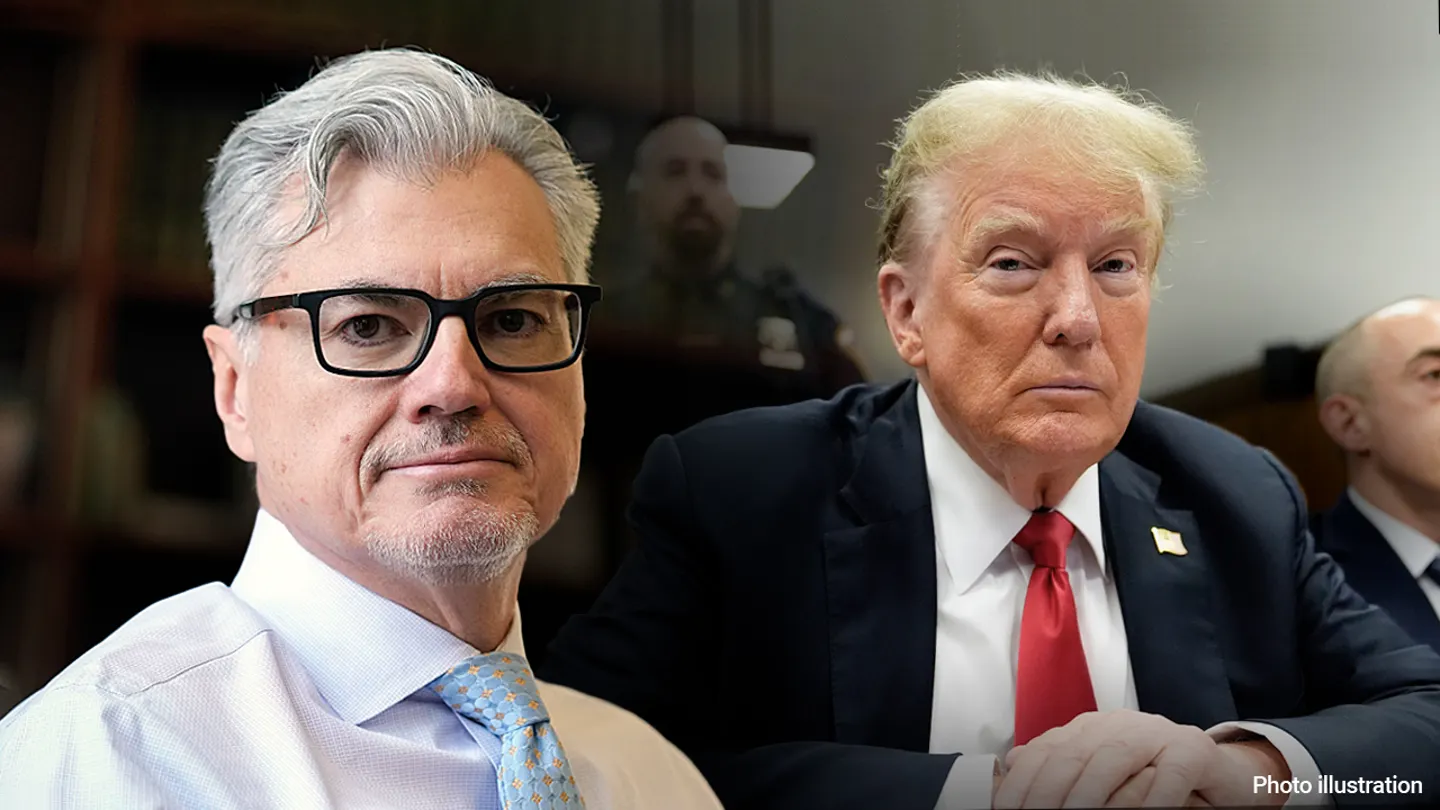 [bctt tweet=”With the Big Labor bosses back in charge, will reforms like Act 10, prevailing wage repeal, and #RightToWork be in jeopardy in WI? That’s the goal of union heavies who had a ‘score to settle’ with Scott Walker. #wiright #wipolitics ” username=”MacIverWisc”]
[bctt tweet=”With the Big Labor bosses back in charge, will reforms like Act 10, prevailing wage repeal, and #RightToWork be in jeopardy in WI? That’s the goal of union heavies who had a ‘score to settle’ with Scott Walker. #wiright #wipolitics ” username=”MacIverWisc”]
MacIver News Service | Nov. 12, 2018
By M.D. Kittle
MADISON – Big Labor scored a big victory on Election Day, knocking out its Public Enemy No. 1 at the polls.
Democrat Tony Evers’ narrow victory over Gov. Scott Walker drives out of power the man who arguably did more to rein in runaway public sector employee unions and give power back to taxpayers than any public figure in the nation.
Walker, who helped lead the 2010 Republican revolution and survived an organized labor-led recall movement against him, on Wednesday afternoon conceded Tuesday’s election that saw Evers win by a razor-thin margin.
Big Labor rejoiced just moments after the Associated Press called the race for Evers early Wednesday morning.
“Scott Walker was a national disgrace,” gloated Richard Trumka, president of AFL-CIO in a tweet. The biting comment from big labor’s bare knuckle brawler was a nod to an almost word-for-word statement Trumka issued in 2016 when Walker officially launched his short-lived campaign for president.
Wisconsin’s AFL-CIO celebrated the victory of Evers and his running mate, Mandela Barnes, as the end of “a long eight years of anti-worker policies from Scott Walker.”
“We look forward to working with the Evers Administration to restore union rights to every Wisconsin worker …” the labor organization stated on its blog.
“The People of Wisconsin have voted to end the era of Scott Walker – congratulations to @Tony4WI and @TheOtherMandela (Lieutenant Governor-elect Mandela Barnes) on their big win in Wisconsin!” tweeted Tom Perez, chairman of the Democratic National Committee and Big Labor blood brother.
Perez thanked the party’s “union brothers and sisters for relentlessly fighting and organizing for a better Wisconsin.”
Unions certainly have paid a hefty price to help elect Evers, who, as superintendent of the state Department of Public Instruction, has long been backed by the state’s teachers union.
Organized labor was a top contributor to Evers’ election campaign, pumping in at least $1.73 million, according to data from VoteSmart.org. The Wisconsin Education Association Council contributed $112,000 to the cause, tied for third on the list of Evers’ most generous donors. Nine of the top 11 donors to the Democrat’s campaign coffers were unions.
It’s safe to say Evers will have an open-door policy for big labor once he takes over the governor’s office in early January – unlike the Republican he narrowly defeated at the polls Tuesday.
It’s safe to say Evers will have an open-door policy for Big Labor once he takes over the governor’s office in early January – unlike the Republican he narrowly defeated at the polls Tuesday.
Walker’s landmark Act 10 legislation of 2011 crimped labor’s power and its outsized position at the negotiating table. It requires public sector employees to contribute more to their taxpayer-funded health insurance plans and state pensions, while limiting pay raises to the rate of inflation.
Unions must also hold annual recertification votes, and give public employees the right to opt out of membership in their labor organizations. Under the old compulsory system, government employees never had a choice: they joined the public union and paid dues or they were fired. Act 10 has cost Big Labor a lot of members, a lot of money, and plenty of political clout. It has also freed tens of thousands of public employees from the grip of compulsory union dues.
Nearly 54 percent of active union members left the Wisconsin Education Association Council, for instance, between 2012 and 2017, according to data from the Education Intelligence Agency. That’s the largest drop-off in the country over the last five years. The union stood at just 32,130 active members as of the last survey.
When Walker announced his Act 10 legislation in the first few weeks of his first term in 2011, unions hit back. Hard. They led massive protests at the state Capitol and helped drive a recall campaign against Walker, Lt. Gov. Rebecca Kleefisch, and six Republican state senators. It failed, and Big Labor lost its mojo.
Now Big Labor is back and looking for a reversal of its political fortunes in Wisconsin. Evers has said he would work to repeal Act 10, if elected governor.
“Absolutely. I fought against it as state superintendent,” Evers said during primary season. “I spoke at the Capitol. I’ve seen the either unintended or intended consequences of it. I think collective bargaining is a right, and people should be able to do that. But I’ve seen the unintended consequences — or intended, I guess, someone could say — about how it’s driven teachers out of the profession.”
Big Labor also will be looking for Evers to lead the charge on other Republican measures it finds loathsome, like prevailing wage reform and Wisconsin’s right-to-work law, signed by Walker in 2015.
The incoming governor will have a tough time dismantling the laws, particularly in a divided state government shared by a Republican-controlled Legislature. But he can do some things administratively that could diminish some of the provisions.
Evers is all in on organized labor’s Fight for $15 minimum wage campaign, something the governor-elect insists could happen by the end of his first term.
“We’ll fight by his side to make it a reality,” the union-backed initiative tweeted following Evers’ win.





